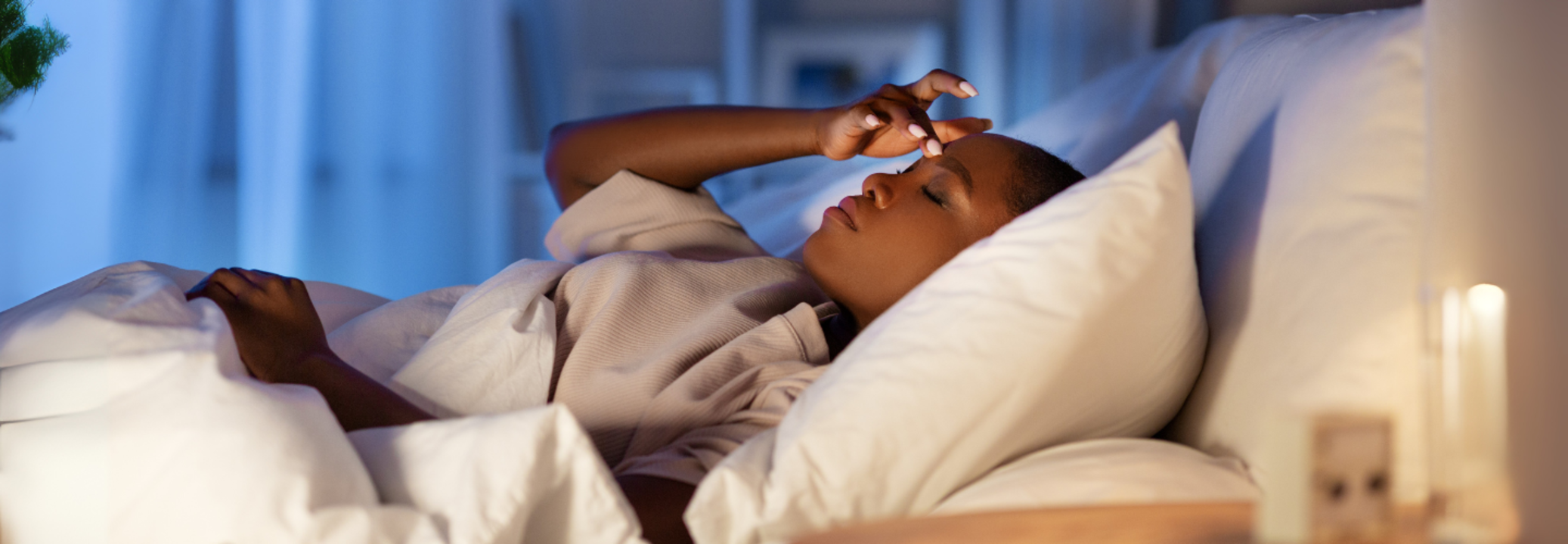From ADHD To Burnout: Why Modern Life Is Making You Sleepless, Anxious And Insomniac

Credits: Canva
SummarySleep struggles aren't just personal failures—systemic barriers, lifestyle stress, and neurodivergent traits like ADHD are fueling widespread insomnia, making it a critical yet overlooked factor in declining mental well-being.
End of Article
